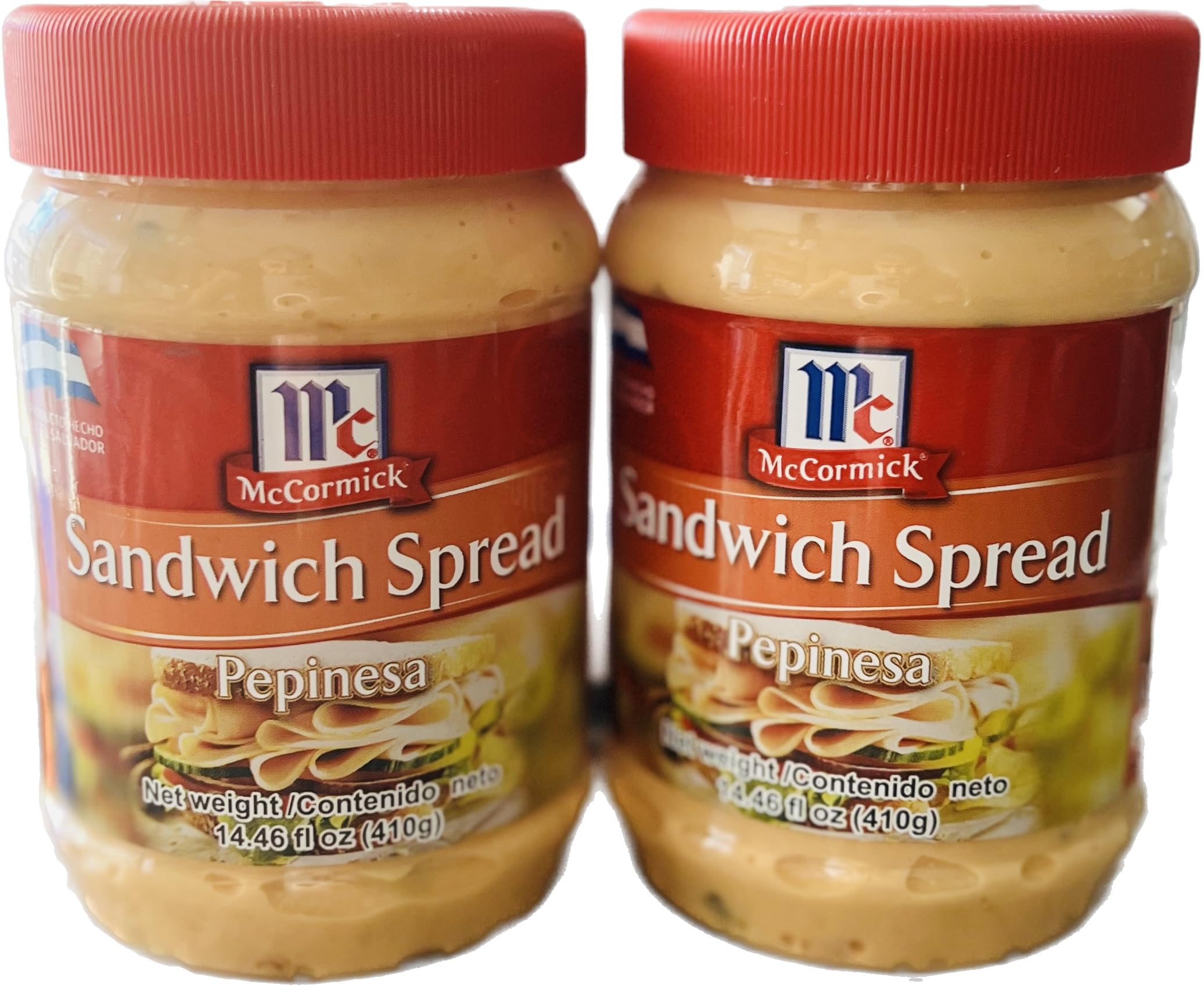Discovering the Delightful Livornese Sauce
Are you a fan of Italian cuisine? If so, you may have come across the term “Livornese sauce” in your culinary adventures. This delectable sauce is a staple in Tuscan cooking and is known for its rich flavors and versatility. Let’s delve into the world of Livornese sauce and uncover what makes it so special.
Origins of Livornese Sauce
Livornese sauce hails from Livorno, a picturesque port city on the western coast of Tuscany, Italy. The sauce is deeply rooted in the region’s culinary traditions and is a beloved component of many classic Italian dishes.
Key Ingredients
Livornese sauce typically features a harmonious blend of tomatoes, olive oil, garlic, onions, capers, black olives, and herbs such as parsley and oregano. These ingredients come together to create a savory and aromatic sauce that pairs beautifully with a variety of dishes.
Flavor Profile
The flavor profile of Livornese sauce is a delightful combination of tangy, briny, and herbaceous notes. The sweetness of the tomatoes balances the saltiness of the olives and capers, while the garlic and onions add depth and richness to the sauce. The result is a complex and satisfying flavor that enhances the dishes it accompanies.
Uses in Cooking
Livornese sauce is incredibly versatile and can be used in a myriad of ways in the kitchen. Here are some popular uses for this delectable sauce:
- Seafood Dishes: Livornese sauce is a classic accompaniment to various seafood dishes, such as fish stew, grilled fish, and seafood pasta.
- Poultry: It pairs wonderfully with chicken and can be used as a braising or finishing sauce for chicken dishes.
- Vegetarian Delights: Livornese sauce can elevate vegetarian dishes, such as eggplant parmesan or roasted vegetable medleys.
- Pasta: It is a fantastic sauce for pasta, adding a burst of flavor to simple spaghetti or penne dishes.
How to Make Livornese Sauce
If you’re eager to incorporate Livornese sauce into your cooking, you’ll be pleased to know that it’s relatively simple to prepare. Here’s a basic recipe to get you started:
- Heat olive oil in a pan and sauté minced garlic and onions until fragrant.
- Add chopped tomatoes, capers, and black olives to the pan and simmer until the sauce has thickened slightly.
- Season the sauce with salt, pepper, and a generous amount of chopped parsley and oregano.
- Simmer the sauce for a few more minutes to allow the flavors to meld together.
- Use the Livornese sauce to enhance your favorite dishes and enjoy the delicious results!
Final Thoughts
Livornese sauce is a true gem of Italian cuisine, adding depth, flavor, and character to a wide range of dishes. Whether you’re a seafood lover, a fan of poultry, or a devout pasta enthusiast, Livornese sauce is sure to become a beloved addition to your culinary repertoire. So, why not try your hand at making this delightful sauce and elevate your home-cooked meals to new heights?
With its rich history, vibrant flavors, and versatility, Livornese sauce is a culinary delight that deserves a place in every food lover’s kitchen.
Was this page helpful?
Read Next: What Is The Origin Of Oxtail Soup











